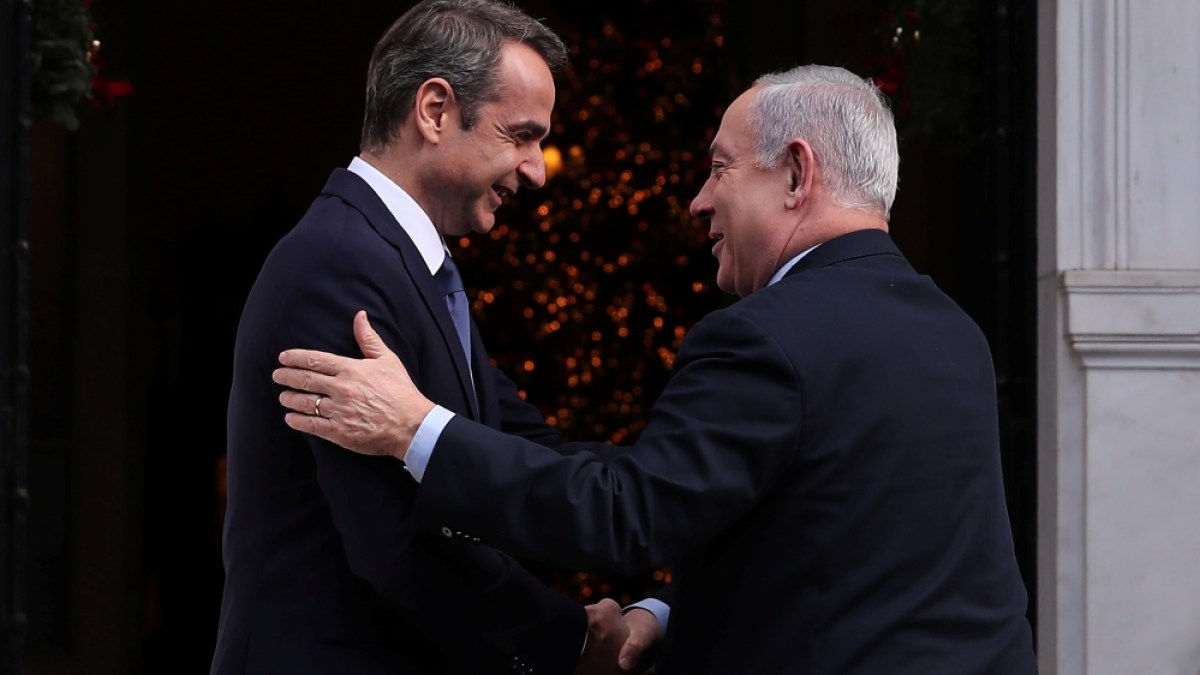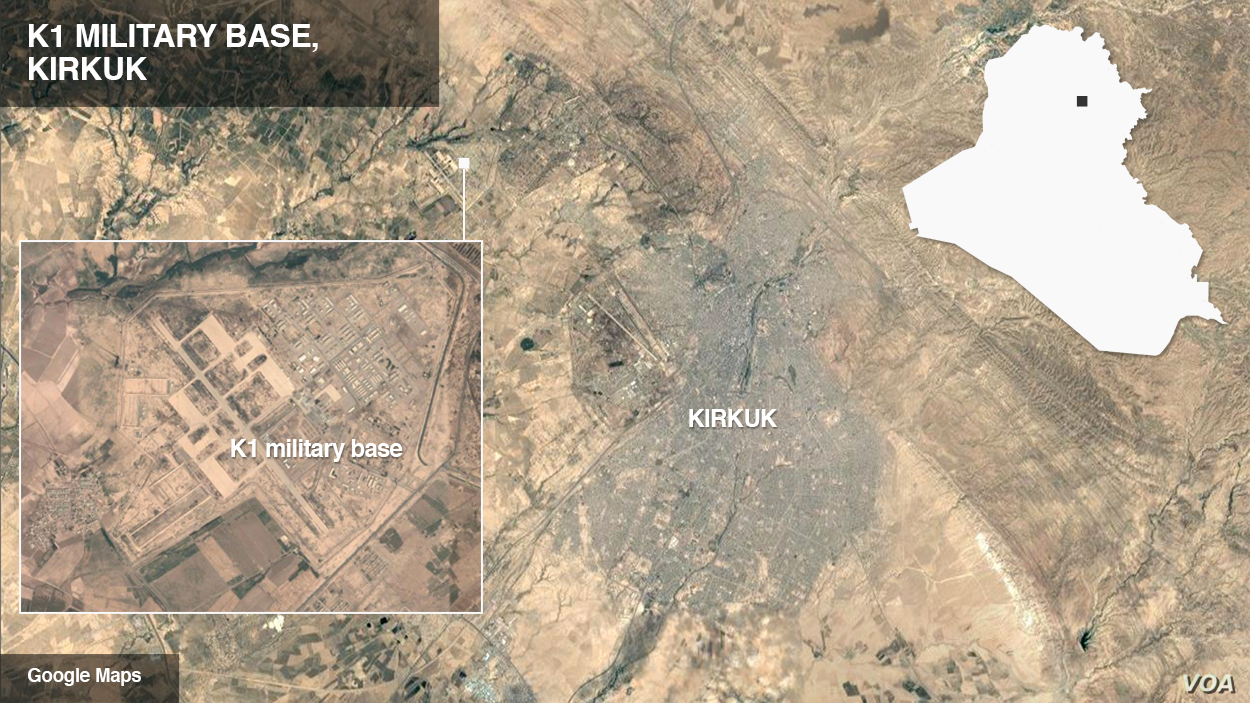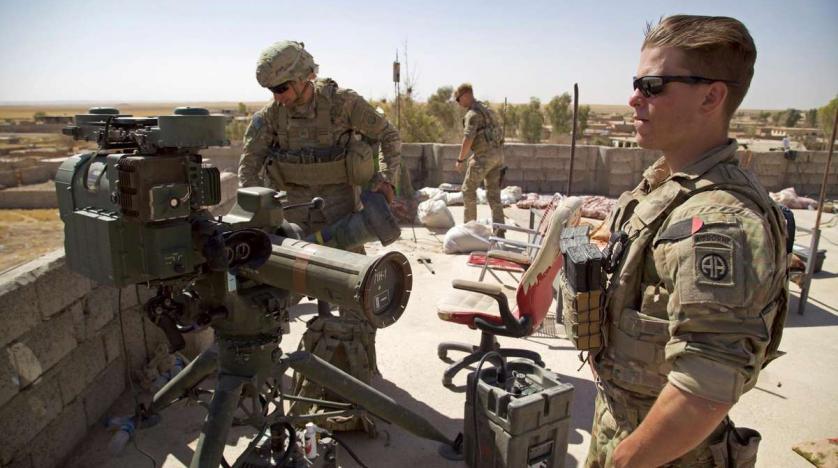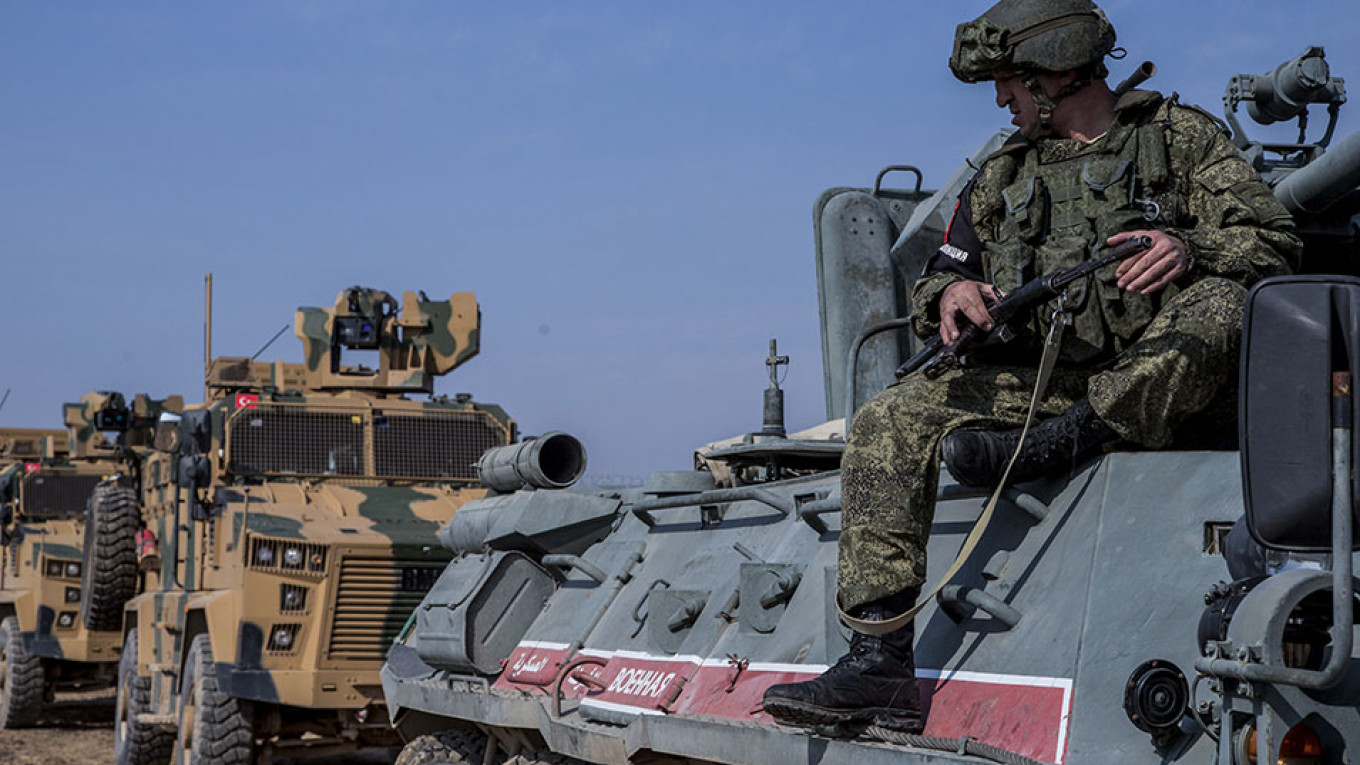Is Libya Turkey’s Neighbor?
Thursday, 16 January, 2020

Salman Al-Dossary
Salman Al-Dossary is the former editor-in-chief of Asharq Al-Awsat newspaper.
When a State has very aggressive political tools, it cannot use diplomacy, but rather fails in it. This applies literally to Turkish politics. The faltering political agendas prevail over the language of reason, logic and international relations. The tactics of the Ottoman Empire in the 18th century dominate the mentality of the Sultan in the 21st century.
Therefore, Turkey always finds itself in conflicts, disagreements and wars with everyone. So which country can be called its friend today?
If we exclude Doha, which shares converging policies with Ankara due to the presence of the Turkish base in Qatar, the rest of the world puts barriers and keeps a cautionary distance.
After the military operations and the invasion of the Syrian north, the latest unexpected Turkish adventures came with the announcement of Turkish President Recep Tayyip Erdogan of his country’s military intervention in Libya. Ankara began sending soldiers and mercenaries, and had previously sent weapons, in a clear violation of international legitimacy and Security Council Resolution 1970 of 2011, which stipulates that Libya must not be provided with arms.
All this is happening despite the absence of direct borders between Libya and Turkey, which are separated by the Greek island of Crete. But Turkish Defense Minister Hulusi Akar offered another definition of geography when he recently declared that “Libya is our neighbor from the sea!” According to this fictional “Ottoman” definition, India and Pakistan are neighbors to Saudi Arabia, Syria is a neighbor to France, and Lebanon is Spain’s!
Libya ranks fifth in the world in oil reserves, at an average of 74 billion barrels, enough to export oil for another 112 years. This may be a sufficient reason for Ankara to try to interfere, especially as it suffers from lack of energy resources and imports 90% of its oil needs, while consuming 500,000 barrels per day.
However, the economic goal is not the only reason that pushes Turkey to intervene militarily. In fact, Libya’s position as a major strategic element in Turkish foreign policy is increasingly growing. Ankara can use it to compete with its old rivals, such as Greece, or the new ones, like Egypt. While the country was intervening in the past through its proxies, its strategy has become official and scandalous.
Moreover, Libya constitutes the main hub of migration routes between the African and European continents, and this file has been used by Turkey to blackmail its European neighbors and threaten them with Syrian immigrants’ invasion with the aim of obtaining countless material gains. It wants to have a new role, so that no anti-immigrant policies in Europe can be countered without Turkey having a means to blackmail again.
The Turkish invasion of Libya has failed before it began.
In addition to the difficulty of implementing this tactic on the ground and the lack of geographical conditions that led Ankara to military intervene in Syria, the Turkish notoriety has globally increased.
All countries have condemned this brutal Turkish intervention, except Qatar, of course, which supported it.
Turkish policy has become associated with recklessness and arrogance and deserves the first place prize of achieving catastrophic failure at the political, military and strategic levels.
Thursday, 16 January, 2020

Salman Al-Dossary
Salman Al-Dossary is the former editor-in-chief of Asharq Al-Awsat newspaper.
When a State has very aggressive political tools, it cannot use diplomacy, but rather fails in it. This applies literally to Turkish politics. The faltering political agendas prevail over the language of reason, logic and international relations. The tactics of the Ottoman Empire in the 18th century dominate the mentality of the Sultan in the 21st century.
Therefore, Turkey always finds itself in conflicts, disagreements and wars with everyone. So which country can be called its friend today?
If we exclude Doha, which shares converging policies with Ankara due to the presence of the Turkish base in Qatar, the rest of the world puts barriers and keeps a cautionary distance.
After the military operations and the invasion of the Syrian north, the latest unexpected Turkish adventures came with the announcement of Turkish President Recep Tayyip Erdogan of his country’s military intervention in Libya. Ankara began sending soldiers and mercenaries, and had previously sent weapons, in a clear violation of international legitimacy and Security Council Resolution 1970 of 2011, which stipulates that Libya must not be provided with arms.
All this is happening despite the absence of direct borders between Libya and Turkey, which are separated by the Greek island of Crete. But Turkish Defense Minister Hulusi Akar offered another definition of geography when he recently declared that “Libya is our neighbor from the sea!” According to this fictional “Ottoman” definition, India and Pakistan are neighbors to Saudi Arabia, Syria is a neighbor to France, and Lebanon is Spain’s!
Libya ranks fifth in the world in oil reserves, at an average of 74 billion barrels, enough to export oil for another 112 years. This may be a sufficient reason for Ankara to try to interfere, especially as it suffers from lack of energy resources and imports 90% of its oil needs, while consuming 500,000 barrels per day.
However, the economic goal is not the only reason that pushes Turkey to intervene militarily. In fact, Libya’s position as a major strategic element in Turkish foreign policy is increasingly growing. Ankara can use it to compete with its old rivals, such as Greece, or the new ones, like Egypt. While the country was intervening in the past through its proxies, its strategy has become official and scandalous.
Moreover, Libya constitutes the main hub of migration routes between the African and European continents, and this file has been used by Turkey to blackmail its European neighbors and threaten them with Syrian immigrants’ invasion with the aim of obtaining countless material gains. It wants to have a new role, so that no anti-immigrant policies in Europe can be countered without Turkey having a means to blackmail again.
The Turkish invasion of Libya has failed before it began.
In addition to the difficulty of implementing this tactic on the ground and the lack of geographical conditions that led Ankara to military intervene in Syria, the Turkish notoriety has globally increased.
All countries have condemned this brutal Turkish intervention, except Qatar, of course, which supported it.
Turkish policy has become associated with recklessness and arrogance and deserves the first place prize of achieving catastrophic failure at the political, military and strategic levels.





 A Turkish-made JMK Bora-12 that allegedly arrived in Tripoli with a shipment of weapons from Turkey last week
A Turkish-made JMK Bora-12 that allegedly arrived in Tripoli with a shipment of weapons from Turkey last week
 Tripoli, Libya in 2014
Tripoli, Libya in 2014 Sign in support of General Haftar in Martyr’s Square, 2014
Sign in support of General Haftar in Martyr’s Square, 2014 Tripoli, Libya in 2014
Tripoli, Libya in 2014


 Interestingly, amid a general breakdown in trust between Baghdad and Washington, a top Iraqi general has said the US side hasn’t even shared its claimed evidence that Khataib Hezbollah
Interestingly, amid a general breakdown in trust between Baghdad and Washington, a top Iraqi general has said the US side hasn’t even shared its claimed evidence that Khataib Hezbollah  US forces in Iraq, via the AP.As Northeastern University counter-terrorism expert Max Abrahms
US forces in Iraq, via the AP.As Northeastern University counter-terrorism expert Max Abrahms 








Comment